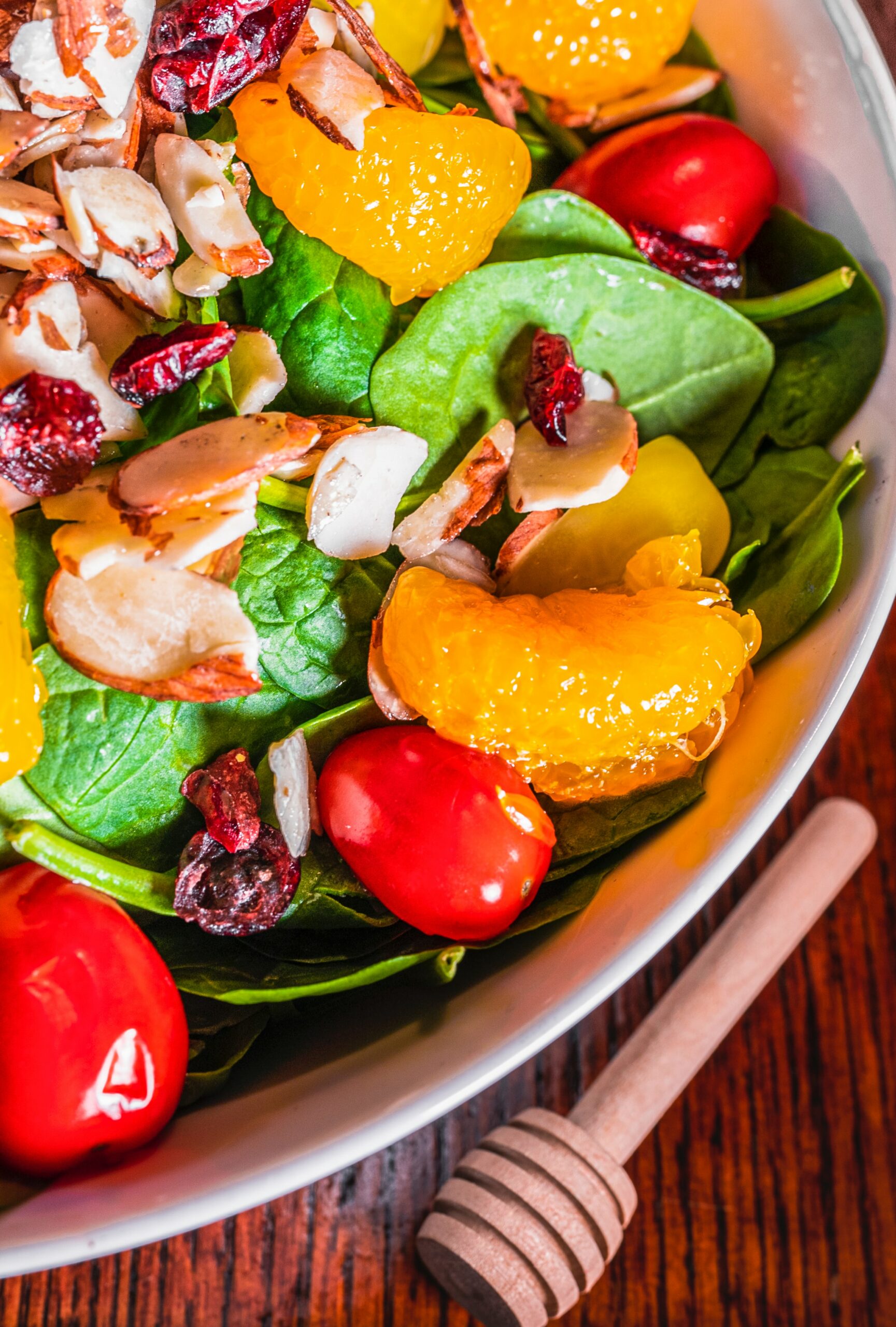Iron is an essential ingredient to build red blood cells. Without enough iron, your body cannot make enough of these cells, a condition called ‘anemia.’ People with anemia can feel tired or short of breath. Pregnancy is a big risk factor for anemia, particularly if you have been pregnant before. Babies use your iron to grow, leaving less for you!
The first step to prevent or treat anemia is to make sure you are getting iron from your diet. Iron from meat, poultry, or seafood is easiest for your body to absorb. It is more difficult to absorb iron from plant foods, so you need to eat more of these foods to get the same amount of iron. Cooking in a cast iron skillet can also help your body absorb more iron. Here are some good sources of iron in your diet, listed from highest to lowest.
Animal Sources of Iron
Beef or chicken liver, mussels, oysters, clams
Beef, lamb, sardines
Chicken, turkey, ham, veal
Salmon, tuna, shrimp, haddock
Plant Sources of Iron
Breakfast cereal enriched with iron, beans, tofu
Dried apricots, lentils, pumpkin seeds, enriched noodles, wheat germ
Split peas, nuts, raisins, prunes, broccoli, spinach and other dark greens, pasta, bread, brown rice
Iron Supplements
We check for anemia in your first prenatal labs, and again in the early third trimester. If you have been diagnosed with anemia, changing your diet may not be enough to catch up on your iron needs. We may recommend an iron supplement. Iron supplements are available in the vitamin aisle of your pharmacy, without a prescription. We can write a prescription if you or your insurance prefer one. Ask your provider which dose to take and how often.
For those who have difficulty taking oral iron, or have very low blood counts, we may recommend getting infusions of iron through an intravenous line (IV).
Side Effects of Iron Supplements
A common side effect of iron supplements is constipation or stomach upset. Try taking the pill with food, drink lots of fluid, and eat food that is high in fiber. Your grandmother is right – prunes, bran, and lots of fruits and vegetables help keep your bowels moving! Our safe medication list below includes medication options for constipation when diet changes are not enough.
